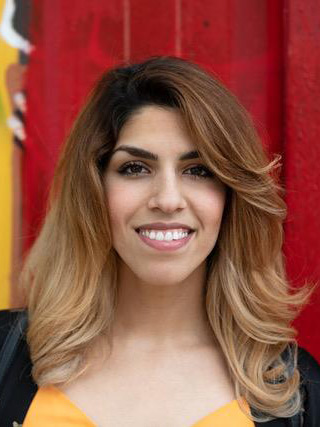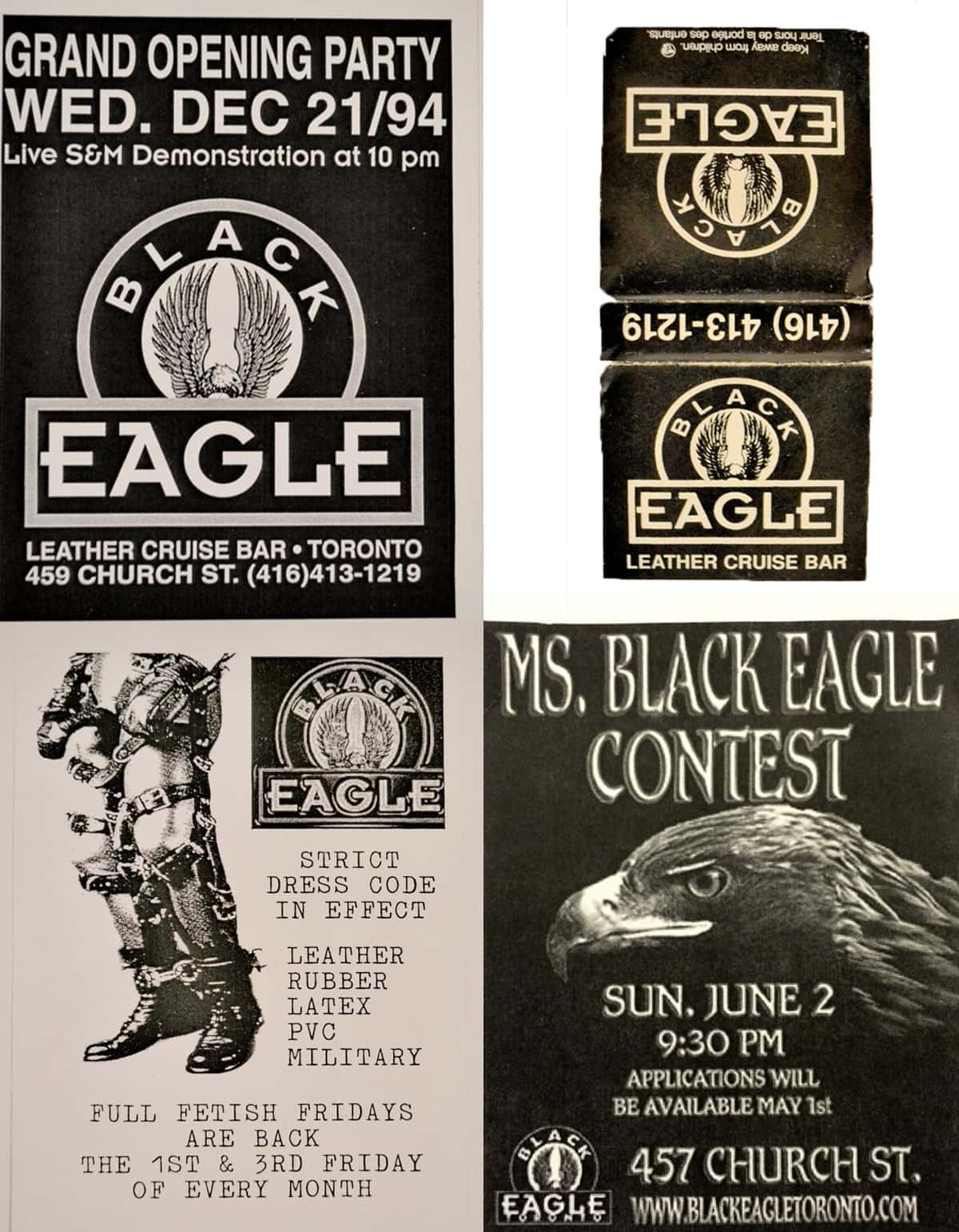By James Gunn

Earlier this summer, The ArQuives announced the induction of four new members to our National Portrait Collection, included among these new inductees is the esteemed El-Farouk Khaki, an immigration lawyer who has been working for decades with refugees who have been persecuted on the basis of gender identity and sexual orientation.
El-Farouk Khaki has and continues to be a formidable activist and advocate for progressive change both within and outside LGBTQ2+ histories. In 1991, El-Farouk founded Salaam, the first Canadian support group premised on fostering community for queer and trans Muslims. He co-founded El-Tawhid Juma Circle / The Toronto Unity Mosque in 2009. Predicated on the promotion of gender equality and LGBTQ2+ affirmative policies, The Unity Mosque provides a safe space for congregants, regardless of their gender or sexual orientation, to pray and gather. El-Farouk has worked as an immigration and refugee lawyer since 1993, working mainly with people from marginalized social groups, such as persons living with HIV/AIDS, and women fleeing domestic violence or other gender-based persecution. As a human rights activist, he bravely speaks out against homophobia, transphobia, racism, and Islamophobia. El-Farouk has been vibrantly active as Chair of the Africans in Partnership against AIDS, board member for The 519, a member of the Toronto Mayor’s Committee on Lesbian and Gay Issues, co-owner of the Glad Day Bookshop, and a grand marshal in Toronto Pride’s 2009 parade.

I interviewed Golshan Golriz, who nominated El-Farouk to be recognized as part of the National Portrait Collection. Golshan is a Sociologist and Critical Race Feminist. She is currently immersed in the final stages of her doctoral degree at McGill University. Golshan’s interests are at the intersection of gender, sexuality, and Islam. She works with LGBTQ-Muslim organizations in Toronto but also with mainstream Muslim organizations and LGBTQ organizations. Her dissertation makes an analytical shift away from the irreconcilability of queer/trans and Muslim identity. As Golshan remarks,“What answers do we get when asked questions that don’t necessarily focus on the tension between Islam and gender/sexual liberation? Spoiler alert: fundamentally different ones!”
When did you first become aware of the work and efforts of El-Farouk Khaki? Can you recall your personal encounters with him? A particularly inspiring moment?
El-Farouk has such a dynamic character that I can’t really imagine how someone would have trouble remembering their encounters with him. When I first started this research, I wasn’t sure how people would respond to it. But El-Farouk was quite responsive and open from the get-go. What stood out most—and continues to stand out—is his insistence on unity. I think more than any other LGBTQ-Muslim group leader I’ve spoken to, El-Farouk represents the idea that all people (regardless of their faith, gender, sexuality, race, ethnicity, ability etc..) belong. And I think it’s this openness that people are so drawn to. That and his charisma. He speaks his mind and speaks for what’s right. And he has awesome style—he carries himself like a Rockstar!
Islam, like Judaism and Christianity, has traditionally seen homosexuality as a sin. Does religion prevent LGBTQ2+ acceptance?
I’m glad you asked. I’ve actually just finished writing about this in an article of the same name. My answer is no. Some people’s interpretation of religion may prevent them from accepting LGBTQ people, but religion itself does not prevent acceptance. In fact, many people justify the acceptance of queer and trans populations in the name of religion. We need to be careful when we lump all things Islam into one singular unit of analysis.
What advice would you give to people struggling to reconcile their religious beliefs and queer identification?
I would encourage them to talk to El-Farouk! There are so many great organizations in Toronto and across Canada doing important work for LGBTQ-Muslims. I think it’s crucial that we recognize these organizations for their invaluable efforts. People who are struggling with reconciliation (and people who aren’t) should know about these resources. They should know that they are not alone.
How do you hope El-Farouk’s inclusion in the National Portrait Collection will invigorate the traditional Muslim, queer Muslim and larger LGBTQ2+ communities?
I think that The ArQuives is making great strides in recognizing and acknowledging the historical exclusion of BIPOC and trans communities from mainstream queer groups. People like El-Farouk, who have spent their lives fighting for LGBTQ rights, deserve recognition. I hope that his inclusion in the National Portrait Collection contributes to the cultivation of queer and trans Muslims stories and histories.

